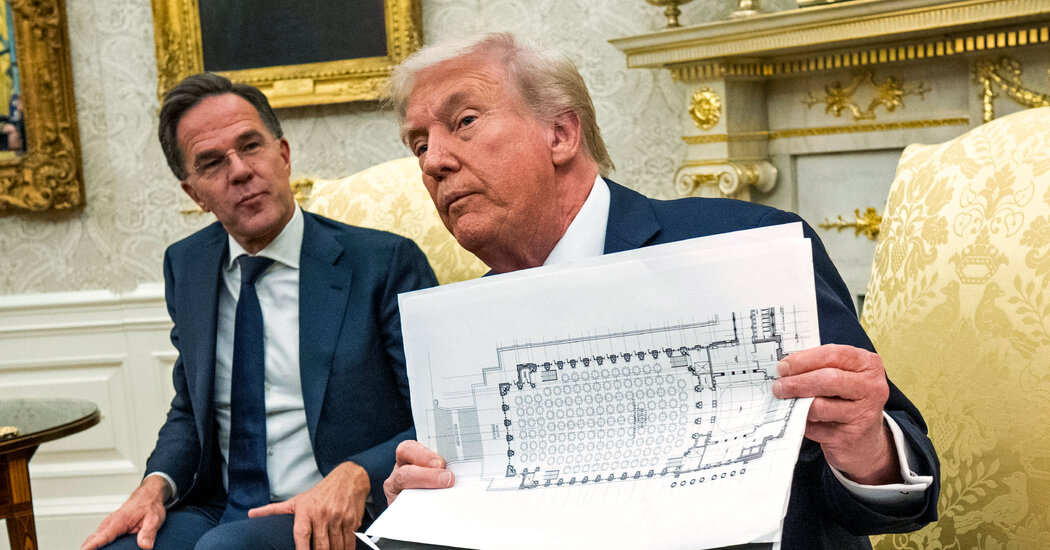Copyright virginislandsdailynews

As the V.I. Water and Power Authority works to secure a new fuel contract, the vice chairman of the Public Services Commission, David Hughes, said he is only concerned with ensuring the process is being conducted fairly, after WAPA CEO Karl Knight implied that Hughes has somehow acted improperly and overstepped his regulatory responsibilities. “I do not care who gets the propane contract, I care that the process by which the propane contract is issued is fair and transparent,” Hughes said in a phone call with The Daily News on Wednesday. “If I’m being criticized by Karl Knight for issues of contract legitimacy, I’m not concerned,” Hughes added. At a meeting Tuesday, the PSC received an update from WAPA, which is in the process of evaluating five bids from companies seeking a major fuel contract. WAPA has been working to find a contractor to supply liquid propane gas to generate electricity at the power plants, as the previous contract with Vitol expired at the end of August. Nicole Aubain, WAPA’s contract administration manager, briefed regulators on the ongoing process, and said that the request for proposals was widely advertised and 10 companies participated in a pre-bid meeting. WAPA received five responses from Vitol, Empire Gas, Equinor US, Saintnals, and Carib LPG Trading, and a five-member evaluation committee has scheduled meetings to review the proposals, Aubain said. PSC Chairman Pedro Williams asked WAPA to disclose the names of the employees on the committee, and legal counsel Dionne Sinclair said they cannot, as “confidentiality is key right now.” Williams asked WAPA to submit that information to him privately, and Knight said he wants the PSC to first disclose “if there are any existing conflicts” between PSC members and entities bidding on the contract. Disclosing the committee members’ names “does open the door unnecessarily for the potential of compromising a process that is in the midst of being conducted,” Knight said, as it’s “$200 million worth of contract, I just don’t want anybody feeling in any way that they can influence those individuals, period.” Sen. Carla Joseph, who serves as an ex-officio member of the PSC, said there have been instances of fraud in past WAPA procurements, including one where a member of an evaluation committee “was thieving” and ultimately prosecuted. Neil Vanterpool was serving as transmission and distribution director for WAPA when he was arrested in 2021, and charged with soliciting kickbacks after steering valuable government contracts to a company he partially owned. Vanterpool ultimately pleaded guilty to one count of conflict of interest under the Alford doctrine, which means that a defendant does not admit guilt, but acknowledges that prosecutors have enough evidence to sustain a conviction at trial. Joseph said at Tuesday’s meeting that the request for information about the evaluation committee is in the interest of transparency and “building trust.” Knight shifted to a more serious tone of voice as he asked the PSC: “Are you aware that one of your members was openly advocating for one of the proposers in this open, active procurement process?” “I cannot say that we were aware that one of our members was advocating,” Williams said in response. “It depends on how you define ‘advocating for.’ I think we’ve all been aware of the discussions with the Vice Chair and members of your team, relative to a particular entity.” Knight and Williams were referring to previous statements by Hughes about WAPA’s first attempt to procure a new fuel contract. As part of that process, the WAPA board voted in July to approve a contract with Empire Gas, but later rescinded authorization for Knight to enter a long-term agreement. Instead, the board authorized WAPA management to grant Empire a temporary emergency fuel contract, and issue a new request for proposals. Knight publicly defended the first process at a PSC meeting on Aug. 12, and said it ended with four bids that would not have lowered fuel costs below the existing contract with Vitol, so they went back and negotiated directly with Empire Gas. Hughes said at the meeting that he had been contacted by a company that was concerned the process was not done fairly, as a requirement for local fuel storage eliminated all but one bidder — Empire Gas— and Williams encouraged Knight to remain open to lower offers from other companies. Knight has strenuously denied any allegations of unfairness in the process, and said companies were given ample opportunity to respond with a better offer. At Tuesday’s meeting, Knight said he was previously told he would receive another proposal “and I suggest you accept it,” which he considers “open advocacy. That has eroded my trust in the PSC’s integrity.” “That may erode your trust in a particular member of this commission, but I’m not going to let anybody — let me choose my words carefully — let anybody speak poorly about this entity as long as I sit as chair,” Williams said. Hughes was absent from Tuesday’s meeting due to a critical health issue. He said Wednesday that he raised concerns about the fuel contract procurement at previous meetings after both he and the WAPA board were contacted by different companies that had similar concerns with the way the bidding was being handled. “If I am improperly acting here, then so is his board because they were contacted by an entity as well, and they took action as a result of that,” Hughes said, rescinding Knight’s authority to enter the long-term contract with Empire Gas. “Both of us took the same action by the way, which is to call into question the process that Karl Knight is running, that is all that’s happening here. I’m not telling him who to buy his propane from, I’m just telling him to buy his propane from the highest qualified, lowest priced providers,” Hughes said. Hughes dismissed any suggestion that he has a conflict of interest with any of the bidders. “I don’t have a dog in this fight, my relationships are at best casual in the fuel transport, bulk storage industry,” Hughes said. “I have a lot of friends that play in it, and they don’t want anything to do with the Virgin Islands, so I don’t have to worry about conflicts.” Hughes added that, “they refuse to do business in the territory. That tells me quite a bit about our procurement process.” WAPA struggled to keep up with the high cost of payments to Vitol for years, and ultimately completed a $145 million buyout of the company’s terminal facilities in 2024 with funding from the U.S. Department of Housing and Urban Development. WAPA now has the ability to seek a lower-cost contract, and Hughes said he wants to make sure that this time, WAPA gets it right. “I don’t care who gets the contract, I couldn’t care less,” said Hughes, adding that “I do this job because it’s public service, it’s unpaid.” He said the fuel contract is worth about $180 million a year, so “it’s far and away WAPA’s largest cost of goods sold. Honestly, if they don’t get this contract right, nothing else they do matters, and they proved that with Vitol.”



